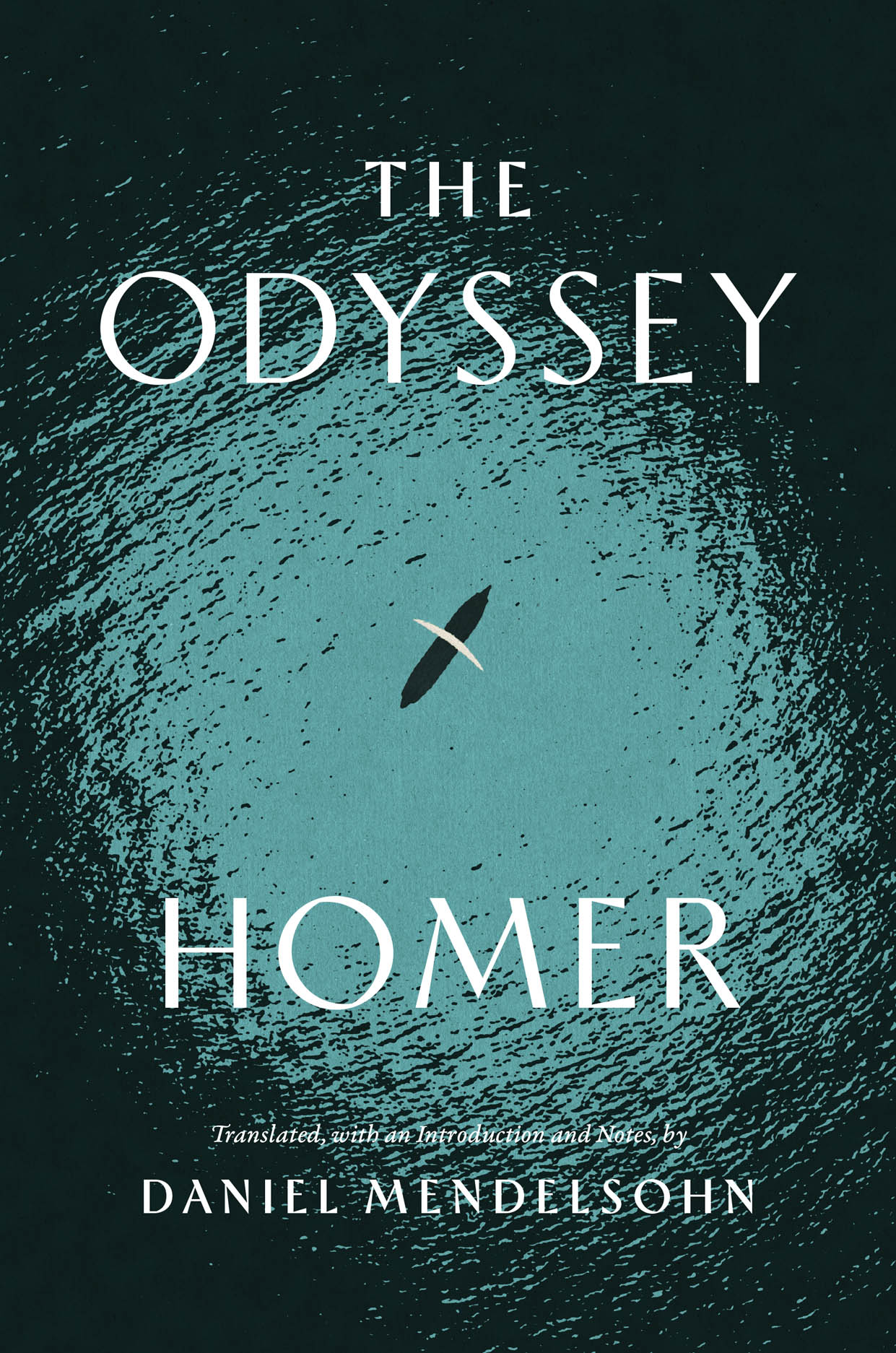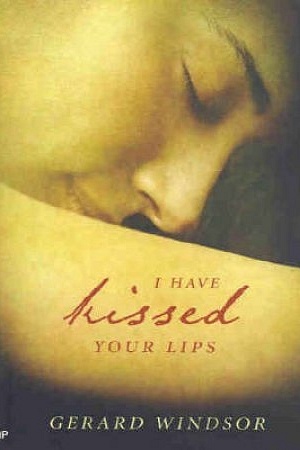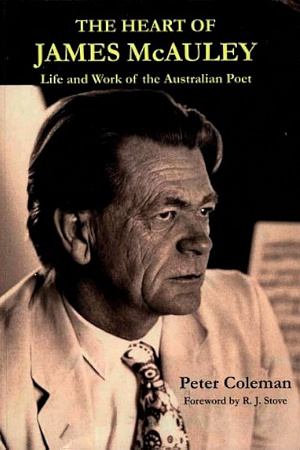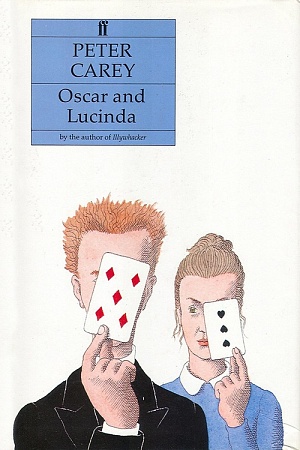The Great World
Chatto & Windus, 330 pp, $32.95 hb, 0 7011 3415 1
The Great World by David Malouf
Initial appearances notwithstanding, The Great World is not a grand, epic title. It is a phrase of the wide-eyed naïf, gaping at the wondrous, which is anything beyond his experience, especially any tawdry, flashy concoction. In fact, David Malouf’s primary ‘great world’ is an entertainment park of that name in Singapore where a contingent of prisoners of war are quartered early in 1942. The Great World is a fairground where disheartened men are temporarily housed as they go about various enterprises not of their choosing.
Less neatly of course, the great world is anything that may ever be encountered. Digger Keen, one of the novel’s two central characters, has a formulation that recalls Aristotle’s ‘the mind is as it were all things’. As a child, Digger glimpses ‘the sheer size of the world, and the infinite number of events and facts and objects it was filled with … no number of little paper bags would be enough to contain it, but your head could ... which was the same shape as the world, and really was the world, only on an infinitely small scale.’
Clearly, taking all this for its province, The Great World is an ambitious novel. It concerns the relationship and the careers of two men, Digger Keen and Vic Curran, from shortly before their births in the early 1920s to a popularly remembered mid-October day in 1987. They labour and suffer and play in a fair variety of great worlds.
It is a tall order for any novelist, and Malouf performs better in some worlds than others. His children and his childhood domestic scenes are unerring. There is no straining after significance, no attempt to unravel the meaning of the moment that adult scenes appear to demand. Digger has a sister who is slightly older but also simple:
‘Tellus somefing, Digger’, Jenny would whisper in the dark of their little room. ‘They’re asleep, they won’t hear’ ...
Beginning softly in the dark, he would tell her things. He would start in a whisper, but quite soon he would get excited, break into giggles, or his voice would crack in squeaky shouts.
‘Shuddup in there, get ta sleep’, their father would shout through the wall, ‘or I’ll bloody come in an’ make yer’.
Then, after a moment, their mother’s voice:
‘Go t’sleep now, Digger, you can tell that t’morrow. It’ll keep.’
The sure feel for the vernacular, the suggestive interaction of differentiated individuals, the completeness of the mini-scene in itself: this is inspiring writing. I am reminded of the early pages of Harland’s Half Acre, to my mind the finest part of that novel.
Yet such scenes are not really typical Malouf. The common technique and the major presence in Malouf’s fiction is the ruminating narrator, elucidating and mulling over action and interplay. In spite of the scope of The Great World, it is not a novel of events or of colourful dramatic incidents (in the way that a Peter Carey novel, for example, is). For Malouf, incident is an intense confrontation between two people, or two aspects of the same person, and the moment is monitored in detail by the narrator. The understanding that results is often tremulous, undefined:
She was looking past his known face to one she had never seen. It was the one he wore when he was too deep in himself to be aware any longer of what he might have to conceal; the face he showed no one, and which even he had not seen.
It is hard to avoid the term psychological novel. Unlike everyone under fifty currently writing in Australia, Malouf has no whiff of either Raymond Carver or Roland Barthes about him. Malouf rolls his characters around in his own firm hand, as Henry James might. But in much of his narrative manner, and in sentences like ‘His body was hardedged, separate, intent’, the strong suggestion is of a pedigree going back through Patrick White to D.H. Lawrence. The exploration is always acute, humane, and as a result a Malouf book, a Malouf narrator, is both admirable and likeable. He makes allowances, he is infinitely understanding: human evil is never a Malouf subject; he refuses to let it settle in any of his characters.
And yet, with all its lyrical moments, all its refusals to take any character at face value, The Great World leaves me uneasy. I wonder whether it isn’t ... stodgy. The problem is a combination of the narrator’s intensity and then the number and deployment of the characters.
Allowances made for the odd minor exception, novels usually have only one truly central character. Here, Digger and Vic are on a par. Their relationship is central to the book. But it is essentially one of dependence on the part of Vic-it is periodic, it is understated.
As perhaps with many Malouf relationships it is a matter of two people feeling out a stance towards one another. It is never anything so simple as love or friendship. To make a book out of such a delimited relationship, however, is very difficult. Hence both Vic and Digger must have other lives, other careers, other relationships. Malouf’s professional generosity needs to give all these the attention he gives to Doug and Vic in their scenes together. And so, for all its intensity, the novel tends to be centrifugal. Vic’s father, mother, foster-father, foster-mother, wife and son all have to have their scene. Ditto for Digger. Vic’s career as a mega-corporate speculator is important to his apotheosis, as was his career as a POW, but Malouf is stretching himself too thin: he’s unable to do more than gesture towards the reality of the great world of financial players. This is not the novel about big business Australian writers are occasionally asked to produce.
The outcome of this bringing the bit players in from the by-ways and setting them going on the highway is that the novelist can’t ignore them.
The action of the last third of the book is too much a mopping-up operation. In fifty pages, we have four major minor deaths – and they can’t just be mentioned either. These character’s prominence in the great world demands decent obituaries. But it means we are involved in resolutions of the narrative, not of the novel’s psychological or thematic problems.
All this is to confess that I could not confidently say what this novel is about. The great world really is too much with me, and rather overwhelms me. I prefer David Malouf in a miniaturist mood, the stories in Antipodes or Fly Away Peter, still my favourite among his books. But no writer wants to hear their best book was the one written eight years ago.
The blurb describes The Great World as David Malouf’s ‘finest novel yet’ and says that it is ‘destined to become a classic’. Maybe the blurb is right. But let’s have some discussion of the book that is not overawed by the publicity juggernaut which increasingly accompanies new books from our handful of major name writers. Here’s to its boosting sales, but not knee-jerk praise. Those of us who delight in David Malouf’s gifts and achievements are not going to be transformed into distraught exdisciples by any problems his books might raise.











Leave a comment
If you are an ABR subscriber, you will need to sign in to post a comment.
If you have forgotten your sign in details, or if you receive an error message when trying to submit your comment, please email your comment (and the name of the article to which it relates) to ABR Comments. We will review your comment and, subject to approval, we will post it under your name.
Please note that all comments must be approved by ABR and comply with our Terms & Conditions.